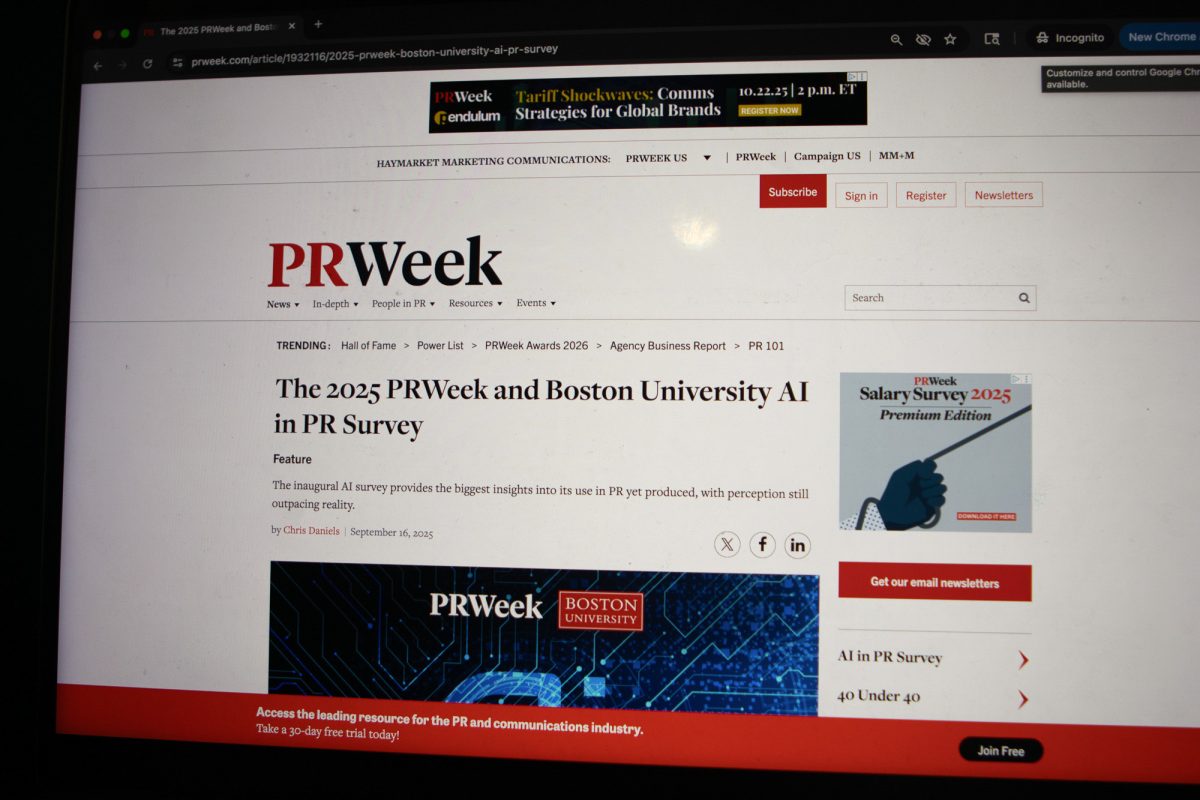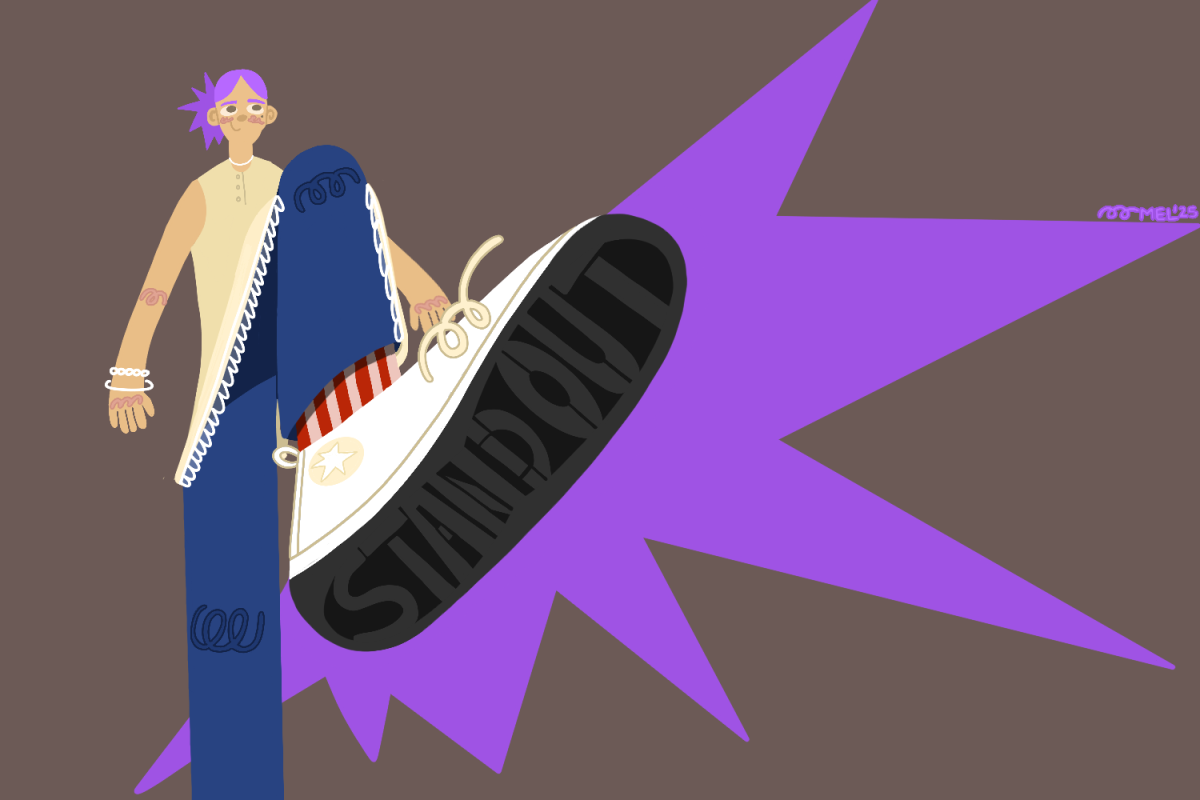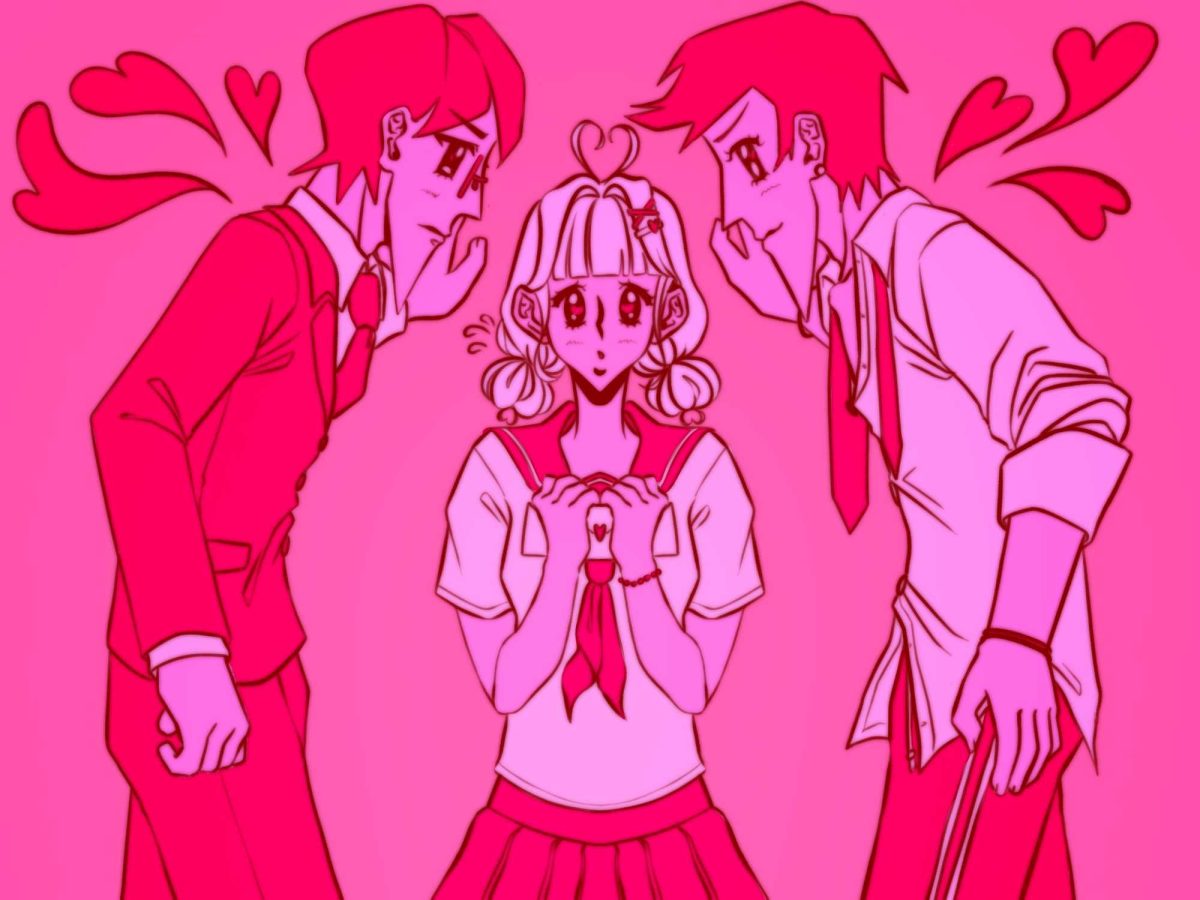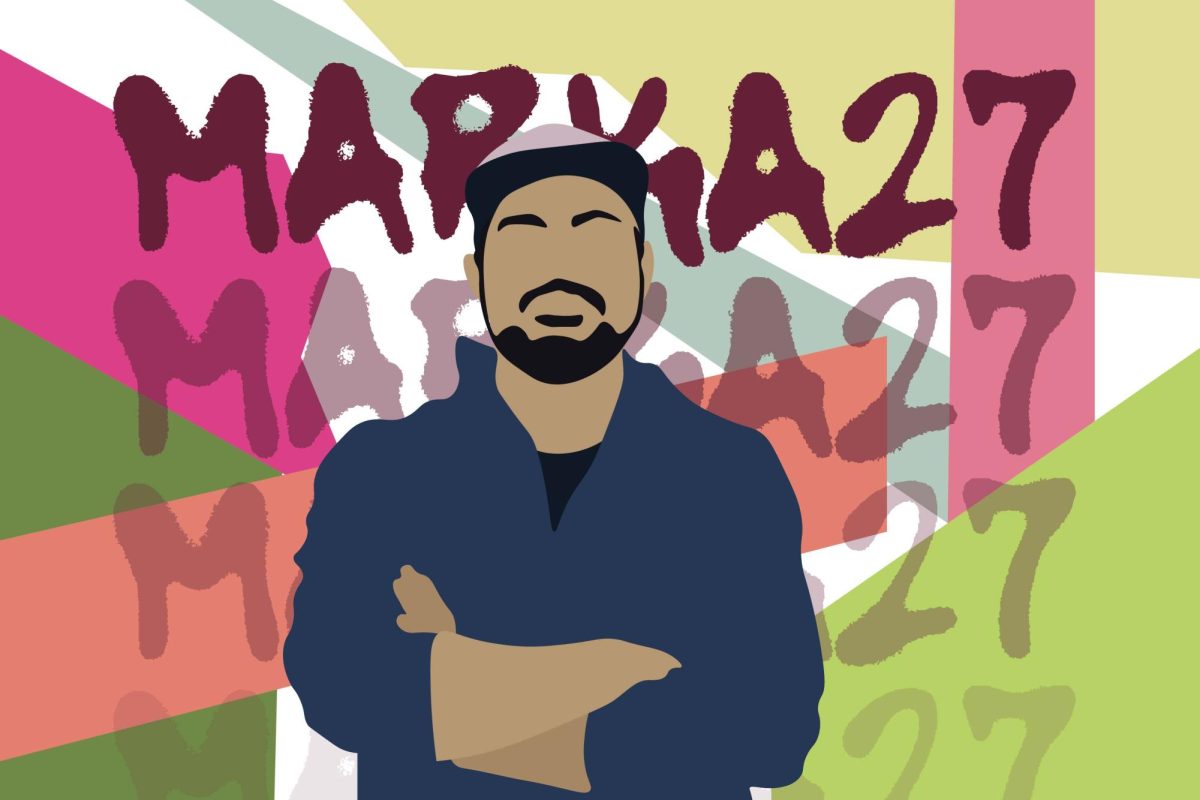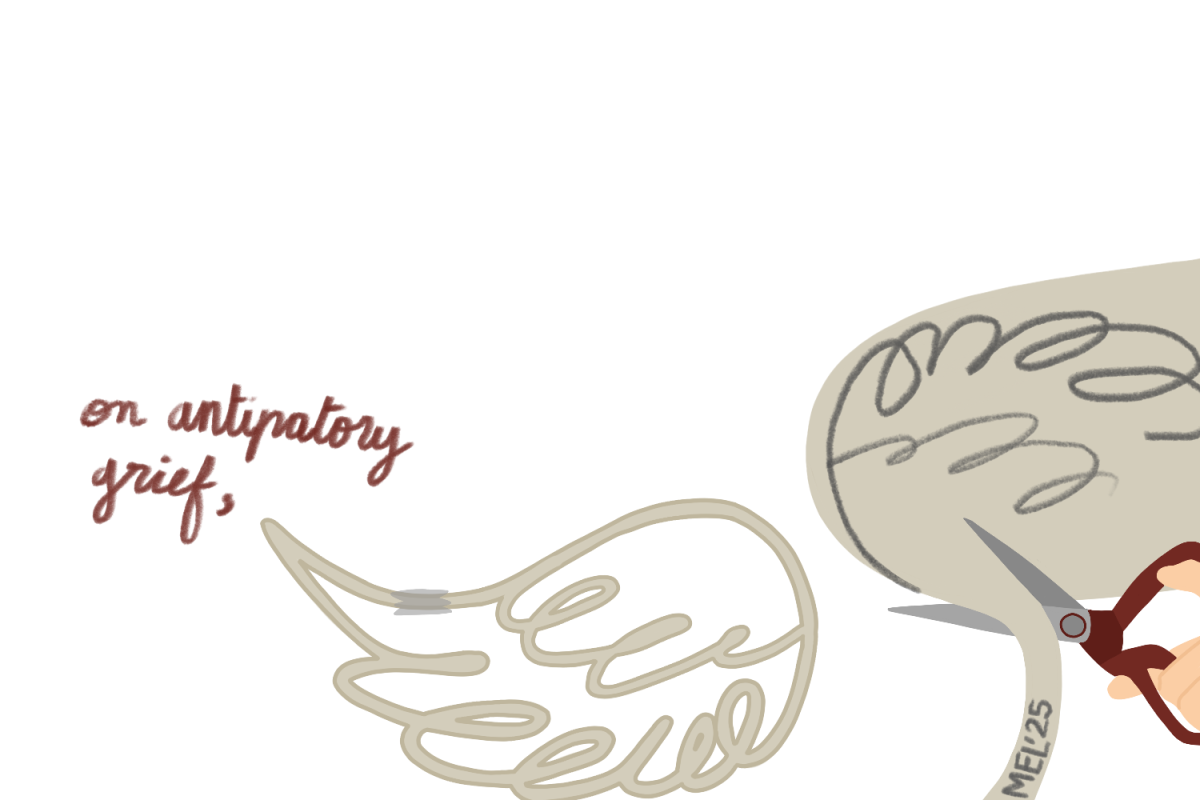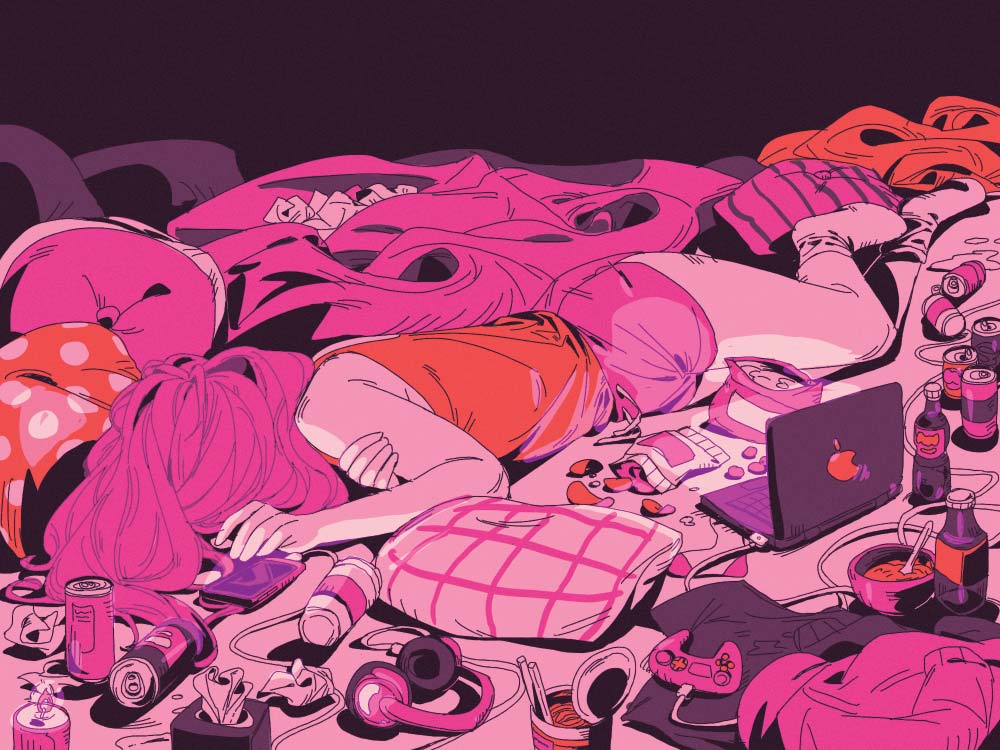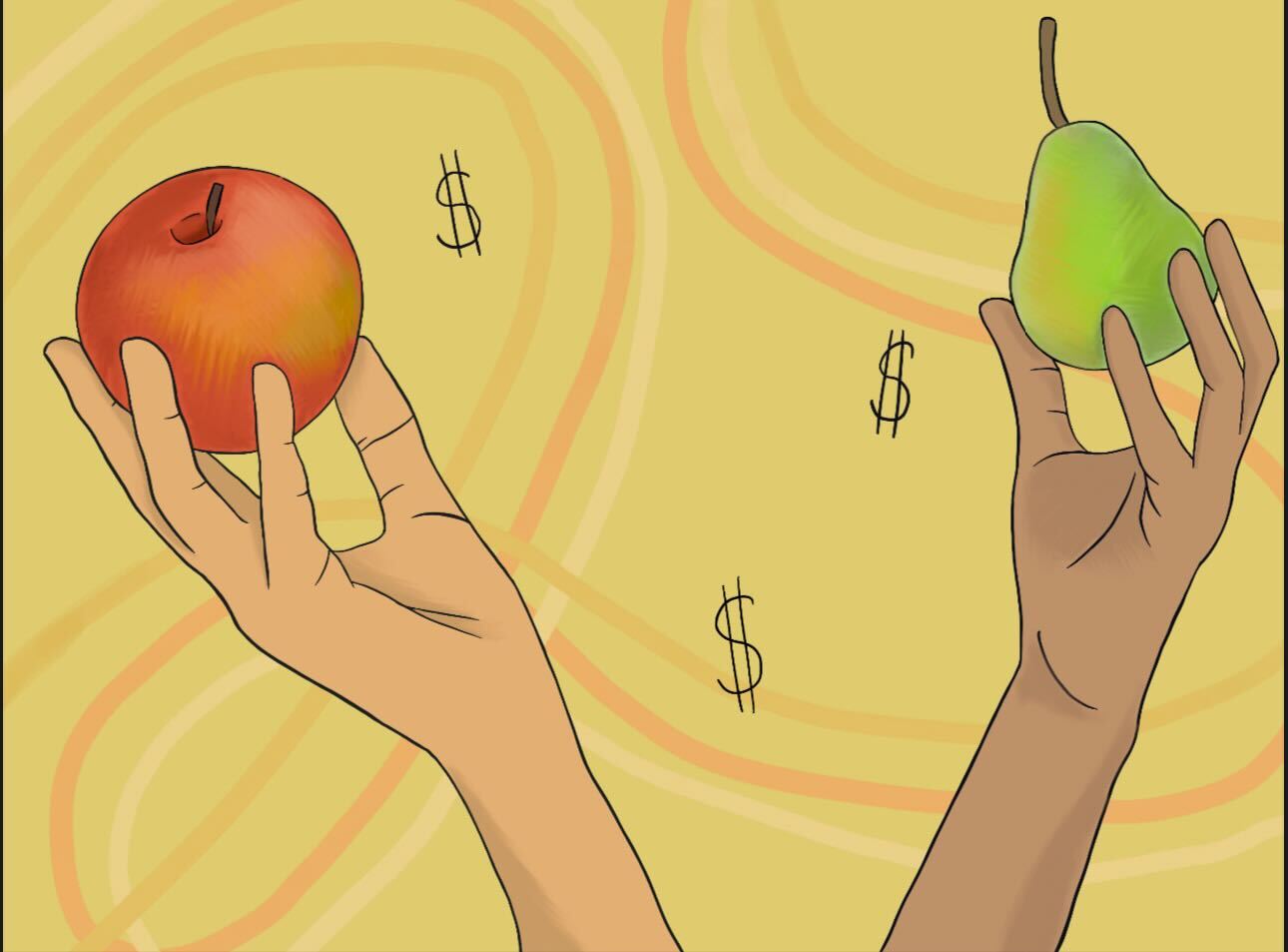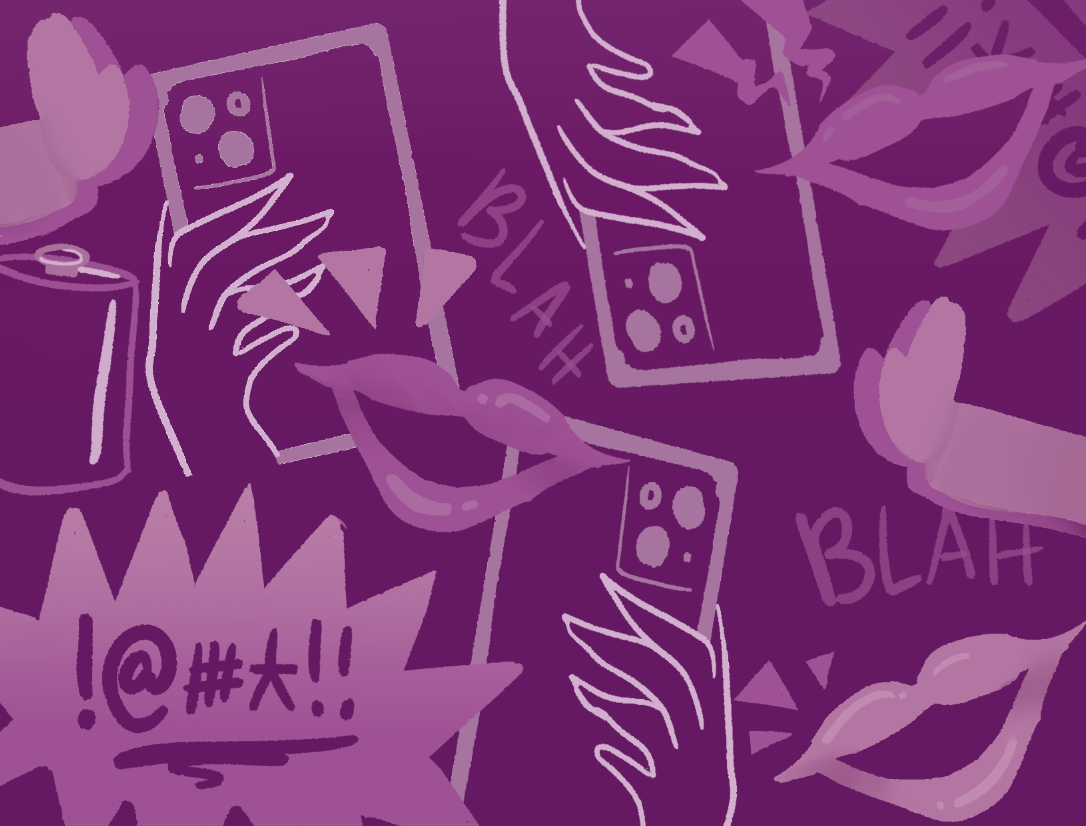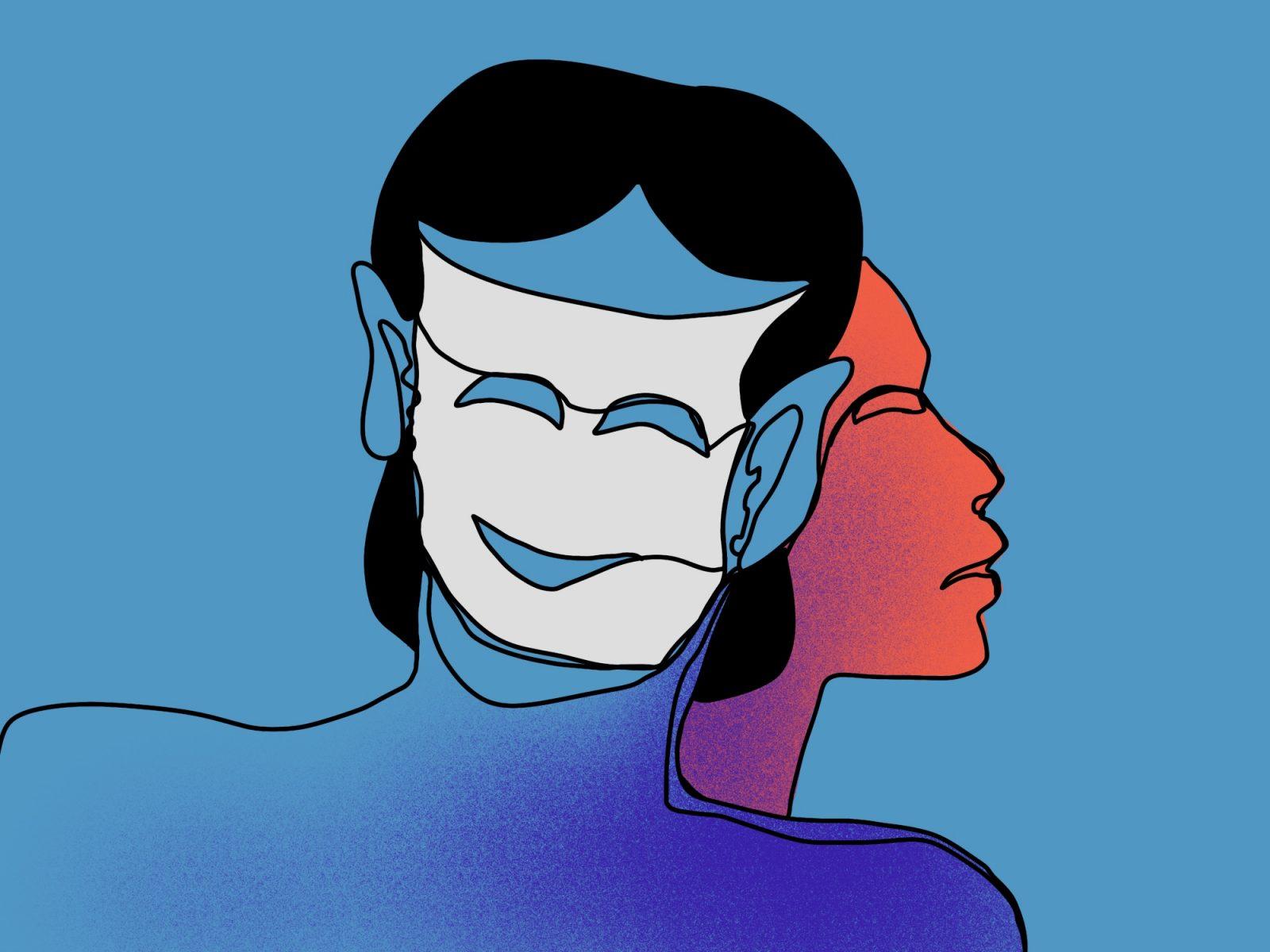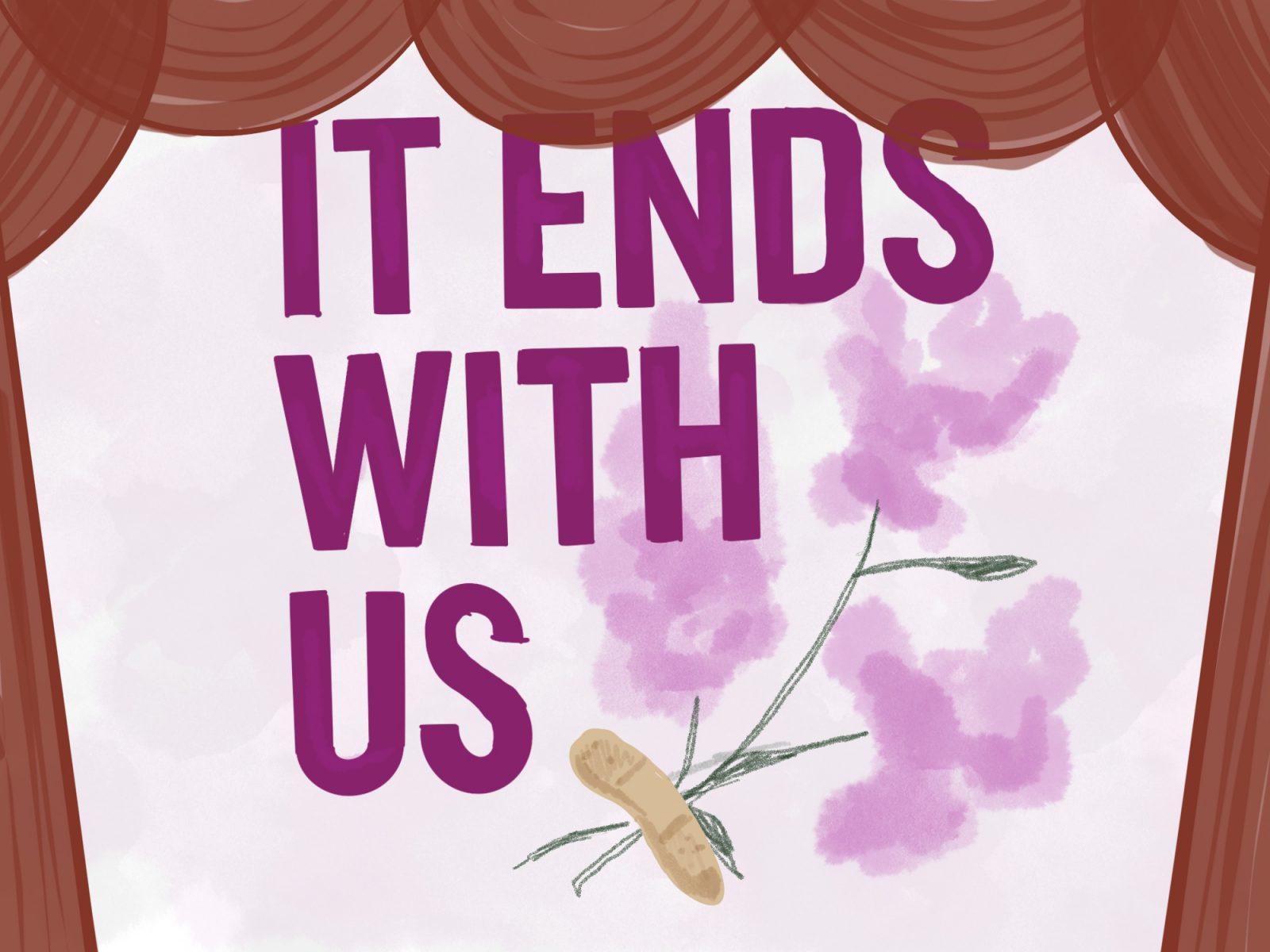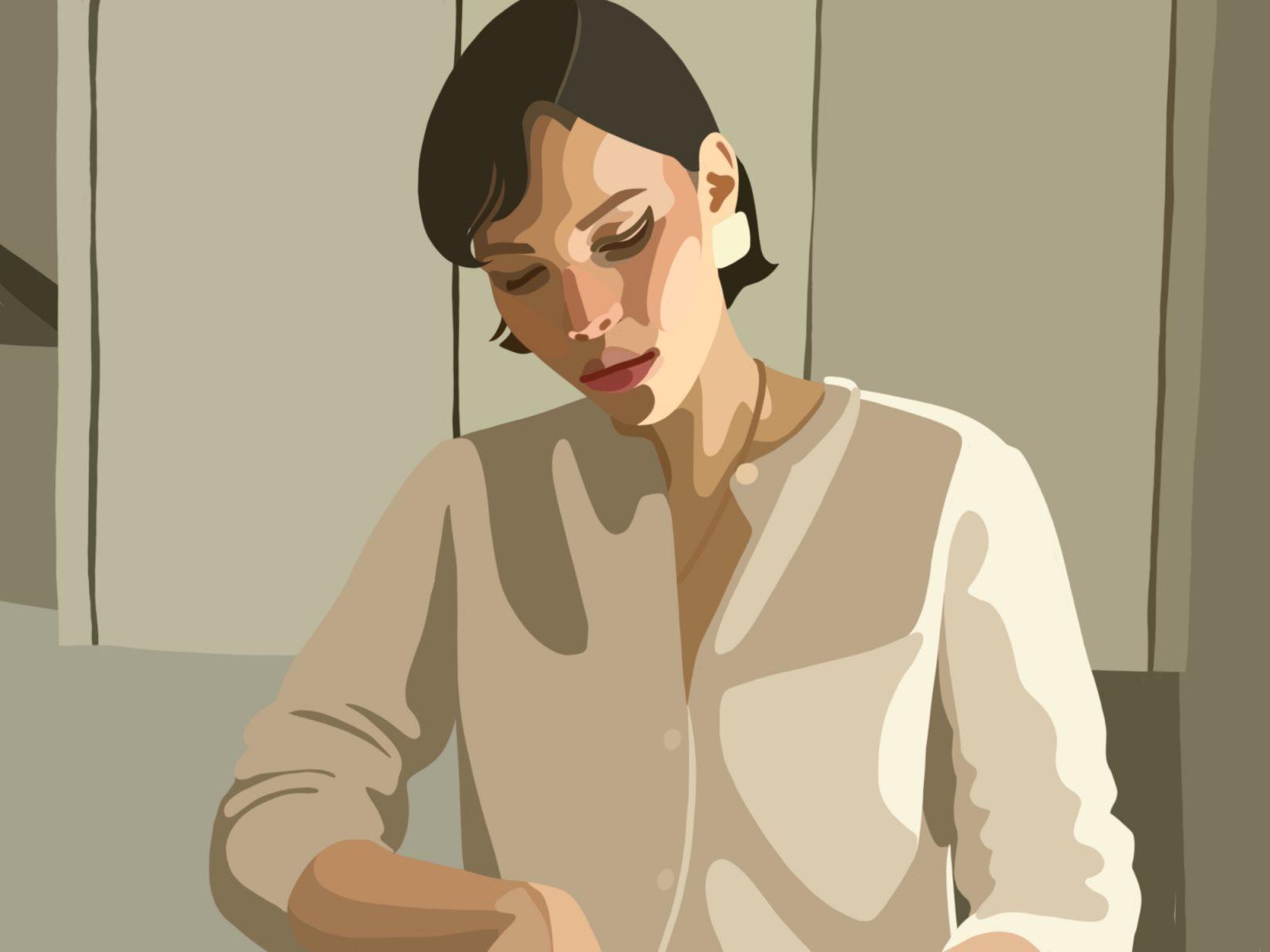TikTok has recently erupted with advice on achieving your goals and desires. It isn’t through hard work, connections or good grades. It doesn’t depend on whether you’re valedictorian or employee of the month either. It’s simply provoked by positive thinking.
This phenomenon is called “lucky girl syndrome.” If you believe you are lucky, the luck will come to you.

This new wave of thinking isn’t anything new. It’s known in simpler terms as manifestation and has been a part of the trend cycle for years. However, many do not know or understand its roots in Eastern religions such as Buddhism and Hinduism.
Buddhists follow an eightfold path of ethical conduct, which includes right thought, right speech, right action and right mindfulness — characteristics now also seen in “lucky girl syndrome.” In addition to manifestation, Hinduism holds a fundamental belief that peoples’ actions and thoughts directly impact their present and future — the main mantra of “lucky girl syndrome.” Hinduism also believes in karma, which is also occasionally shown in the manifestation community.
In 2020, TikTokers flooded the app’s algorithm with manifestation upon the discovery of “The Secret.”
“The Secret,” a book by Rhonda Byrne, explains the power of positive thinking and the law of attraction — a spiritual phenomenon in which thinking about certain things you desire in your life will bring them to fruition. The practice of manifestation usually involves some form of meditation and grounding, as the more negatively one thinks, the less likely they are to reach their desires.
The self-help book sent TikTok into a new era of motivation with different techniques of manifestation, including writing your desires down on paper several times or using crystals while meditating.
Online searches for “manifesting” reached their peak in July 2020. As the trend started to dim, influencers who had made their living off of manifestation had to find a new way to stand out from the crowd of manifestation tips that had turned old and bland. Thus, “lucky girl syndrome” was born.
With manifestation on TikTok, the spiritual and religious elements of it are stripped away in favor of self-improvement at the expense of others. While it is necessary to prioritize oneself at times, “lucky girl syndrome” gives an individual absolute power over their narrative in which they come first over everyone.
Additionally, influencers on “lucky girl” TikTok rarely acknowledge the privilege they hold to have a platform and make money off of a spiritual practice.
TikTok has turned manifestation into a consumerist ideology. Underneath the #luckygirlsyndrome tag, scrollers find brand deals, account plugs and even artists promoting songs associated with the trend.
Additionally, many influencers advising on “getting lucky girl syndrome” state that “being delusional” is key to achieving the mindset. This practice is not delusional — by stating this, they put down the elements of cultures and religions that practice positive mindsets and believe life is a domino effect in which we reap what we sow.
Additionally, this trend uses promotional tactics with a guarantee that your life will change or that this should be working for you, which could cause one to feel guilty that they aren’t working.
Positive thinking and manifestation are great ways to stay on track with goals and keep ourselves motivated to achieve the life we desire. It is an element of some of the world’s oldest religions and the practice should be treated with more respect than a trend that resurfaces every few years.
But just as the mantra of manifestation says: you reap what you sow. Using manifestation as a way to promote products and gain followers is not a guarantee of a wonderful life.







